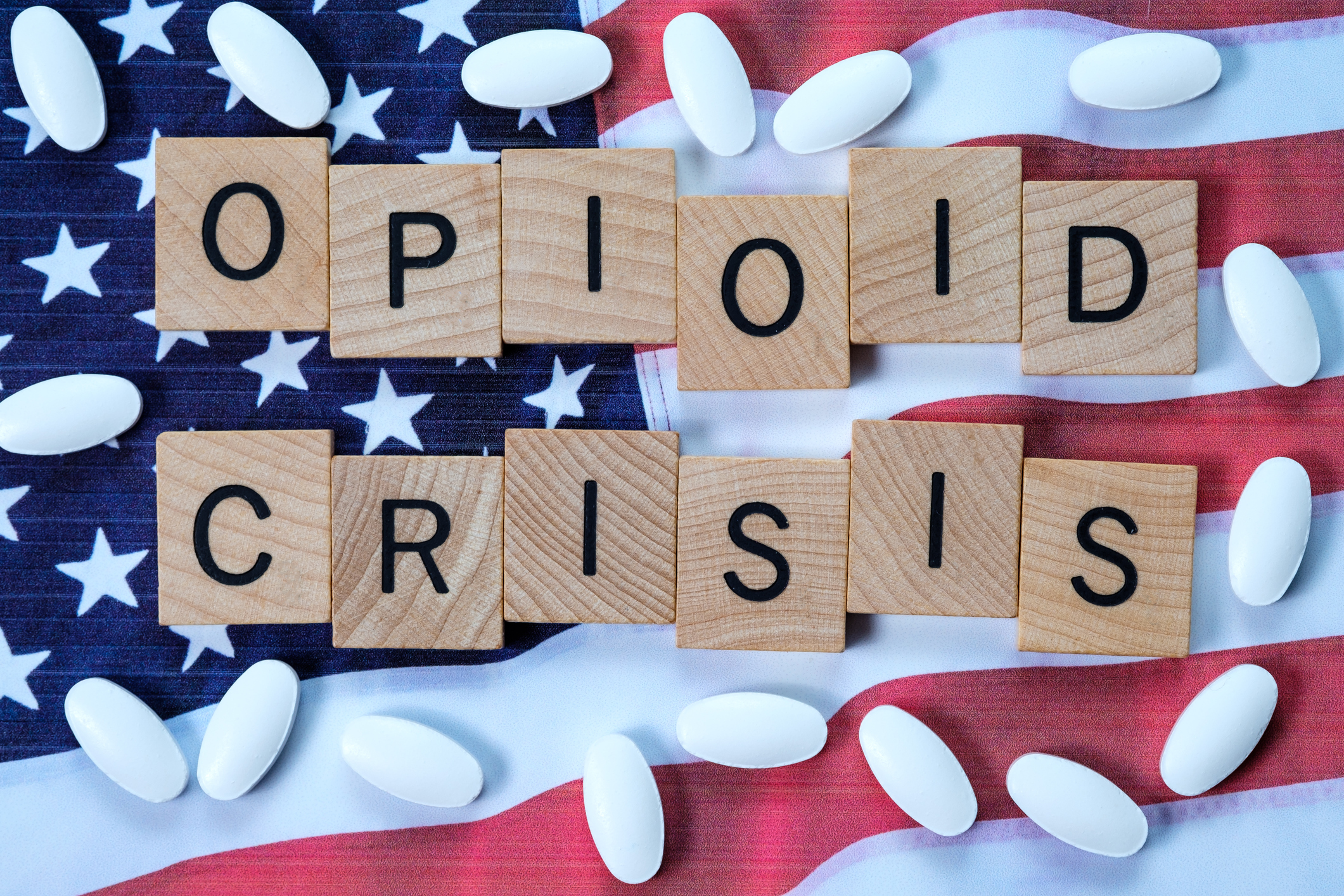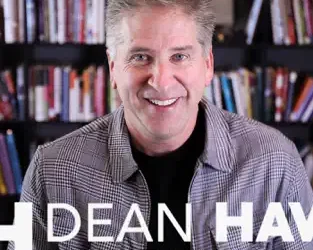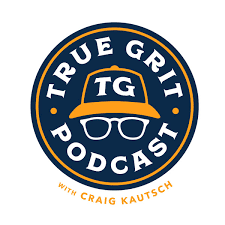We are seeing a great deal on the news about the opioid crisis in the U.S. and in the world these days.
Opioids are pain-relieving substances which exist in prescription form (oxycodone, hydrocodone, codeine and morphine), in synthetics (fentanyl) and in illegal forms (heroin). I simply cannot overemphasize how incredibly hyper-addictive opioids can be. The Mayo Clinic puts it as clearly and directly as it can be put: “Anyone who takes opioids is at risk of developing addiction.”
On a personal note, my nephew recently died from opioid addiction. He was a young man with a bright future ahead of him, and we all cared deeply for him. Knowing firsthand what our family experienced, you would not wish this sort of tragedy on your worst enemy. The family will be dealing with the impact of opioids in his life, for many years.
Opioid addiction creates a devastating wake, including death (115 people in the US per day), health issues, long-term debilitation, family fragmentation and job losses. Recent research by Blue Cross, which insures a third of the U.S. population, is indicating a decline in opioid addiction by its members. That is an encouraging sign.
At the same time, a crisis that is declining is still a crisis.
This is no time for any of us to become disengaged or complacent.
So, here are some tips to help someone you care about or even yourself.
- Educate yourself. Knowledge is power. It will help you to understand the main realities of opioid addiction on several levels: how the chemicals work in the brain; the nature of the addiction process; how to identify it in someone; what treatments are available; helping the family, and the legal and political aspects. The information will help you to think clearly and know better how to act when you are faced with any aspect of addiction.
- If you see it, say it. Far too many people don’t want to rock the boat with someone they suspect of using. Sometimes they don’t want to upset the relationship, sometimes they doubt their own gut and observations, and sometimes it just isn’t a priority. But the harm of saying something and being wrong about it is far less than the danger of not saying anything and being wrong about that. You aren’t judging or condemning anyone to tell them what you are observing in their behavior and patterns, and you are speaking from love and concern.
- Address the national conversation. There is no way that the opioid crisis will be resolved only by finding good treatments. We need a larger conversation by advocates to work on a legal and financial level, to deal with matters such as availability and sourcing. Ask your local congressperson what they are doing, and how you can engage.
In the end, it is all about taking action.
By the way, I would like for my nephew’s story to be accompanied by his name, to make it more personal and real. His name is Adam.







